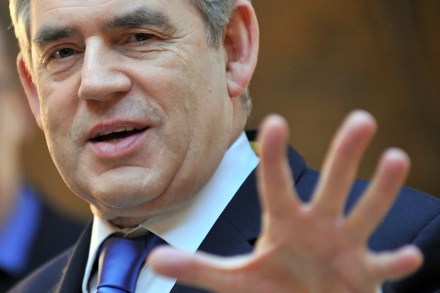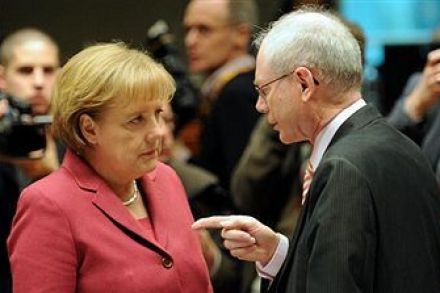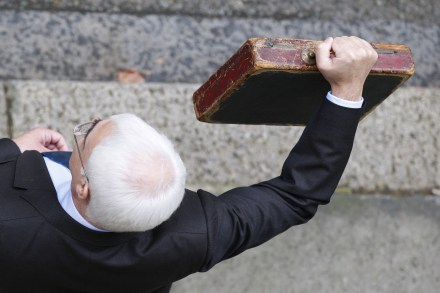Will anyone take any notice of Labour's five pledges?
So the Labour pledge card is back – and, this time, it’s a good deal more nebulous than in 1997 or 2001, but quite similar to 2005.* Here are the themes that Brown & Co. will be campaigning on: i) Secure our recovery ii) Raise family living standards iii) Build a high tech economy iv) Protect frontline services v) Strengthen fairness in communities There’s another key difference with previous elections too: one of trust. Sure, voters have always been reluctant to take politicians’ promises and exhortations at face value. But it’s a safe bet that they’re even more sceptical and uninterested this time around. *Although, as Alastair Campbell points out,



















